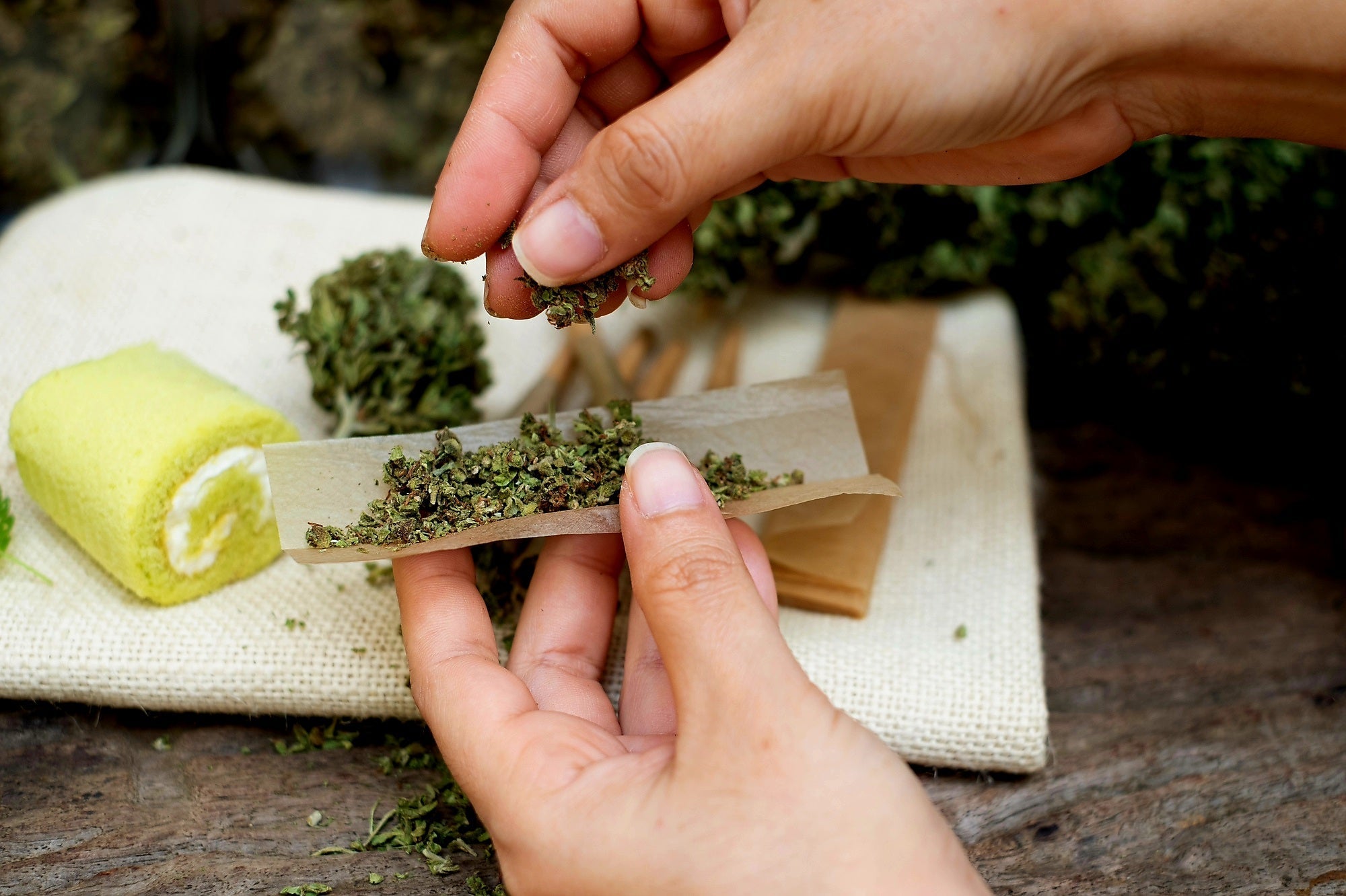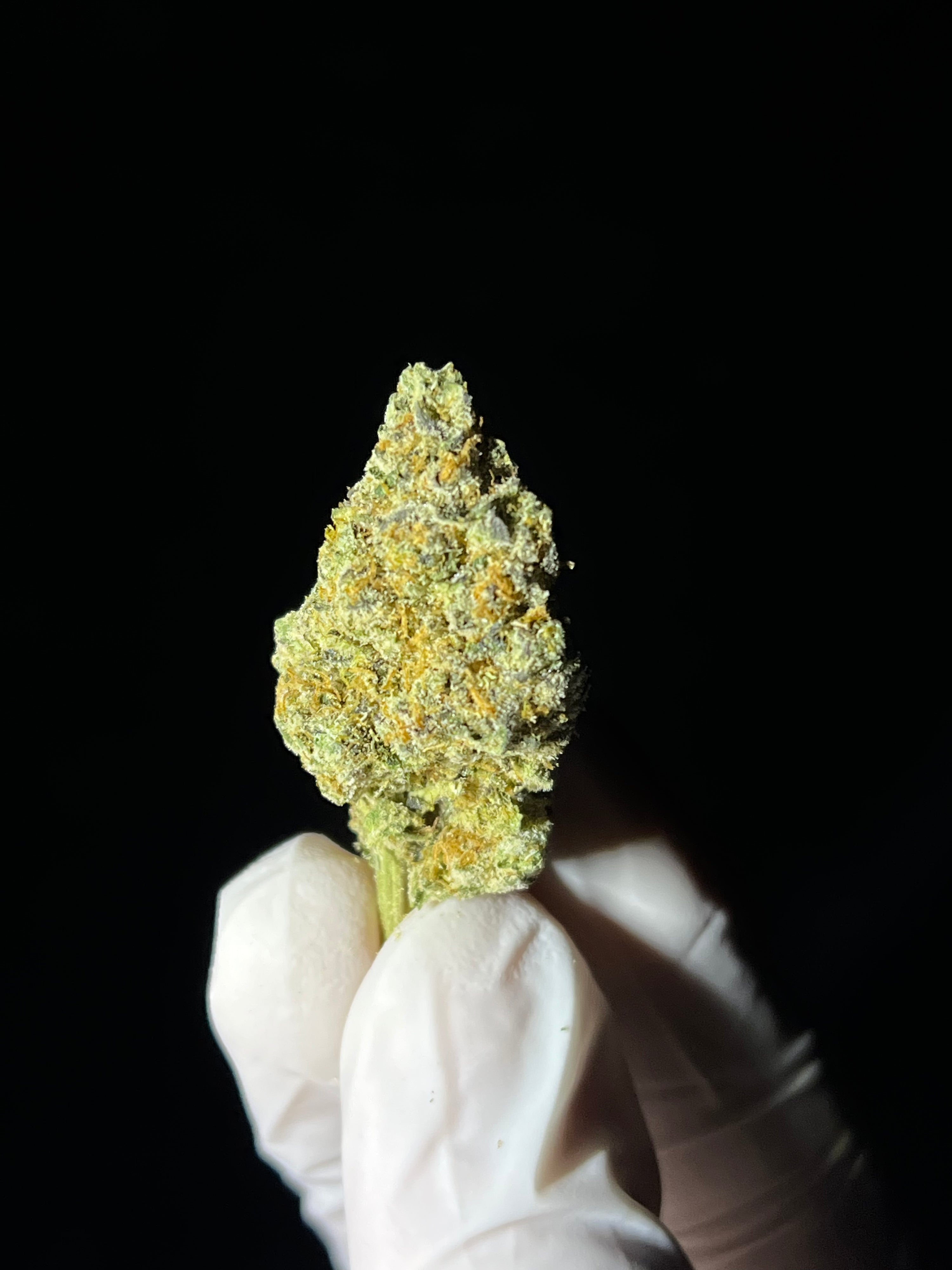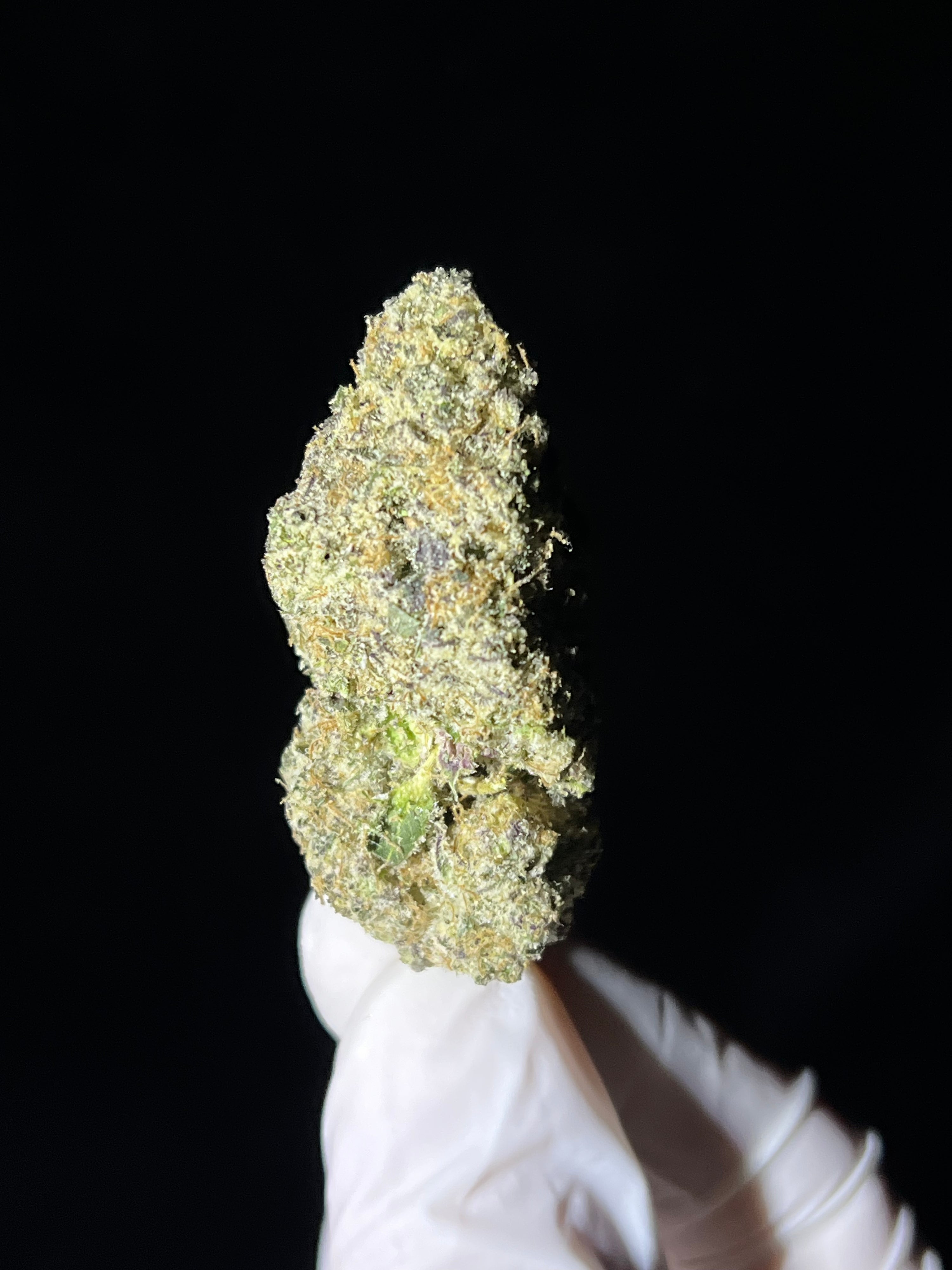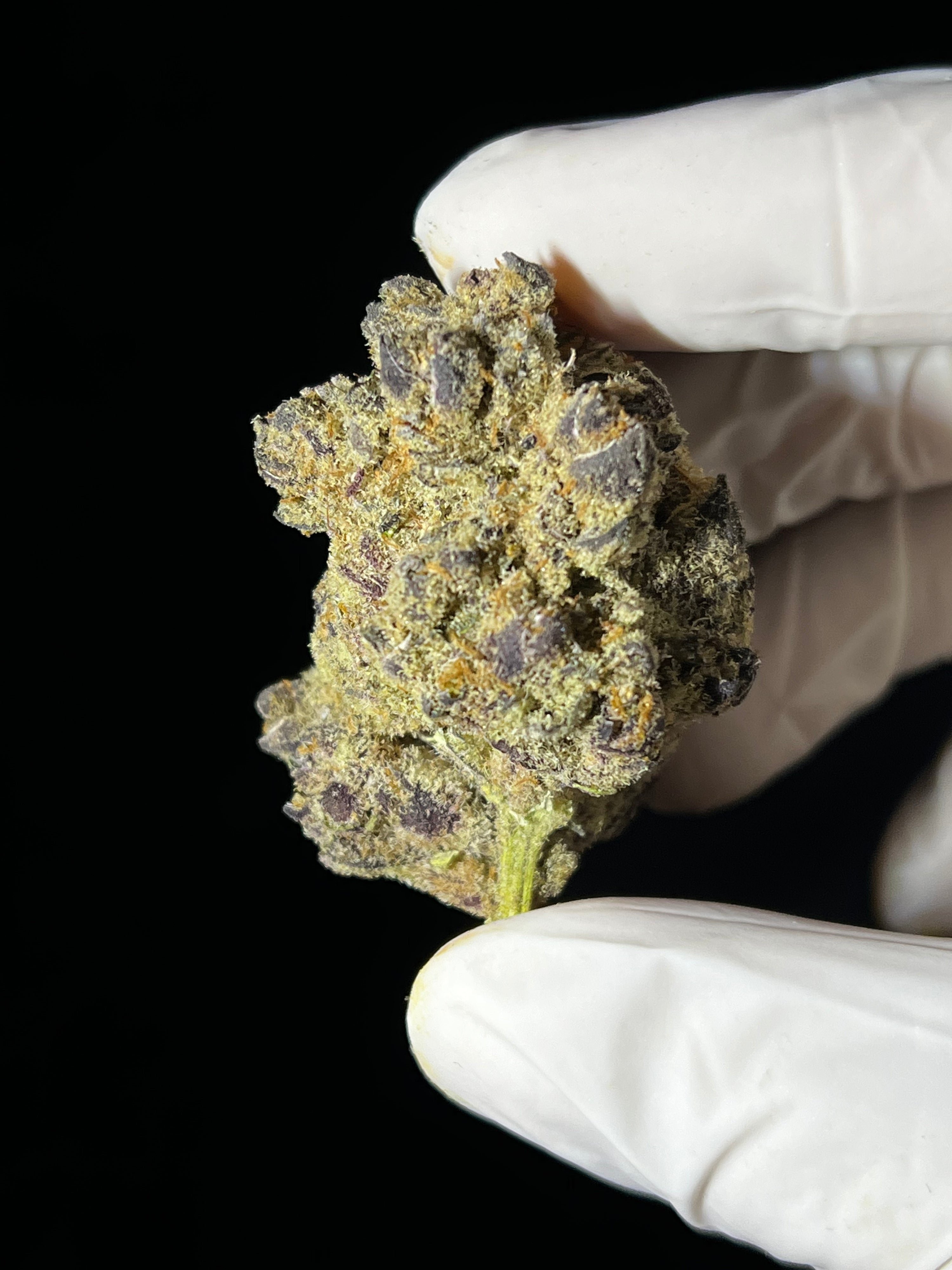

· By Zachary Taylor
Everything You Need to Know About THCA: Benefits, Uses, and Myths
As the cannabis industry continues to evolve, many consumers are looking beyond THC and CBD to discover lesser-known cannabinoids that offer unique health benefits. One such compound that is gaining increasing attention is THCA (tetrahydrocannabinolic acid). While most people are familiar with THC—the psychoactive compound responsible for the "high" associated with cannabis—THCA offers a different experience altogether. In this blog post, we’ll dive deep into everything you need to know about THCA, including its benefits, uses, and common myths.
What is THCA?
THCA is a precursor to THC, the well-known psychoactive compound in cannabis. When cannabis is exposed to heat (such as through smoking, vaping, or cooking), THCA undergoes a chemical transformation and is converted into THC, which produces the characteristic "high." However, in its natural, raw form, THCA is non-psychoactive, meaning it doesn’t cause any intoxicating effects.
THCA is typically found in fresh cannabis and hemp plants, before the decarboxylation process (the chemical reaction that occurs when cannabis is heated) turns it into THC. While THCA does not get you high, it still has a range of therapeutic properties that are attracting attention from wellness enthusiasts, medical patients, and cannabis consumers alike.
The Health Benefits of THCA
One of the key reasons for the rising popularity of THCA is its potential health benefits. Here’s a closer look at how THCA may contribute to overall well-being:
1. Anti-Inflammatory Properties
THCA is known for its anti-inflammatory effects, which could be beneficial for individuals suffering from inflammatory conditions such as arthritis, inflammatory bowel disease (IBD), and other chronic inflammatory conditions. By reducing inflammation, THCA may help alleviate discomfort and improve quality of life.
2. Neuroprotective Effects
THCA has shown potential in protecting brain cells from damage. Some studies suggest that it may play a role in preventing neurodegenerative diseases such as Alzheimer's and Parkinson’s disease. It is believed that THCA's ability to protect the brain could help prevent or slow down the progression of these conditions.
3. Anti-Nausea and Appetite Stimulation
Just like THC, THCA has anti-nausea properties and may help combat nausea or vomiting, particularly in individuals undergoing chemotherapy or those with digestive disorders. Additionally, THCA may play a role in appetite regulation, which is beneficial for individuals looking to manage their eating habits.
4. Mood Regulation and Stress Relief
While THCA is non-psychoactive, it may still have a calming effect on the mind and body. Research suggests that THCA could help with mood regulation and reducing symptoms of anxiety and depression. This makes it an attractive option for those who are looking for stress relief without the mental fog that can come with THC consumption.
5. Pain Relief
THCA has demonstrated potential as a pain reliever due to its anti-inflammatory and neuroprotective effects. For individuals with chronic pain, conditions like fibromyalgia or multiple sclerosis, THCA could offer an alternative to traditional pain management methods.
How to Use THCA
Unlike THC, which requires heat to become psychoactive, THCA is typically consumed in its raw form to experience its non-psychoactive benefits. Here are a few common ways to incorporate THCA into your routine:
1. Raw Cannabis Juicing
One of the best ways to consume THCA is by juicing fresh cannabis leaves and buds. This method allows you to experience the benefits of THCA without heating the plant material. Cannabis juice is often combined with other fruits and vegetables to make a refreshing and nutrient-packed drink.
2. THCA Tinctures
THCA tinctures are liquid extracts made from raw cannabis. These tinctures are typically taken sublingually (under the tongue) for fast absorption. They are a convenient and discreet way to consume THCA and can be easily added to food or drinks.
3. THCA Edibles
Some companies are now producing THCA-infused edibles that allow users to enjoy the benefits of THCA in a delicious and easy-to-consume form. These edibles can include everything from gummies to chocolates, offering a fun and tasty way to take THCA.
4. Topicals
THCA-infused topicals, such as creams and lotions, are designed to be applied directly to the skin. These products are commonly used for targeted relief from inflammation and pain, particularly for conditions like arthritis and sore muscles.
Common Myths About THCA
Despite the growing interest in THCA, there are still several myths surrounding this cannabinoid. Let’s set the record straight by addressing some common misconceptions:
1. Myth: THCA Gets You High
While THC is responsible for the "high" commonly associated with cannabis, THCA is non-psychoactive. The conversion from THCA to THC only happens when the compound is exposed to heat. As long as THCA remains raw and unheated, it won’t produce a mind-altering effect.
2. Myth: THCA Is Just a "Weaker Version" of THC
Although THCA and THC are closely related, they have different effects and properties. THCA has its own set of therapeutic benefits, such as anti-inflammatory and neuroprotective properties, which are not necessarily shared by THC. They are distinct compounds that offer unique advantages for wellness.
3. Myth: THCA Has No Benefits Without THC
While THCA doesn’t produce a high like THC, it still offers several valuable health benefits. From anti-inflammatory effects to potential neuroprotection, THCA can be beneficial for those seeking therapeutic effects without the psychoactive side effects of THC.
4. Myth: THCA Is Only Available in Raw Cannabis
THCA can be found in various forms, such as tinctures, edibles, and topicals, making it easy for consumers to incorporate it into their daily routines. You don’t have to consume raw cannabis to benefit from THCA—you can find convenient products designed for different needs and preferences.
Conclusion
THCA is quickly becoming a favorite among those who seek the therapeutic benefits of cannabis without the psychoactive effects of THC. Whether you’re looking to reduce inflammation, manage pain, or experience mood regulation, THCA offers a range of potential benefits. As more research emerges and consumer interest grows, THCA may just be the future of non-psychoactive cannabis.
Now that you know the facts about THCA—its benefits, uses, and common myths—you can make informed choices about whether this cannabinoid is right for you. If you’re interested in exploring the world of THCA, there are a variety of products available to help you incorporate it into your wellness routine. Whether through raw cannabis juicing, THCA tinctures, or edibles, you can experience the therapeutic benefits of THCA without the high of THC.



